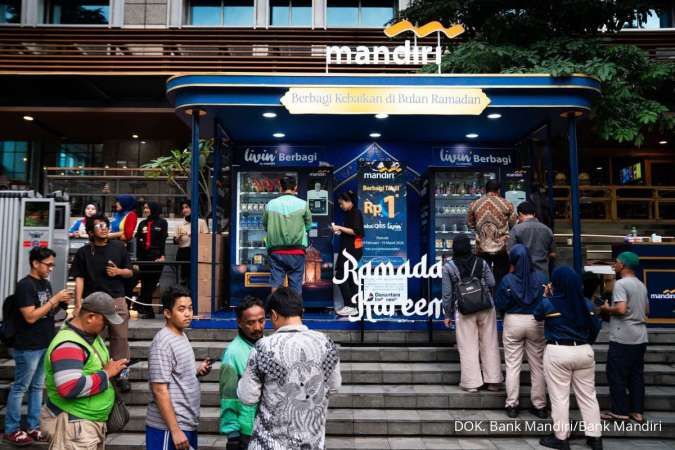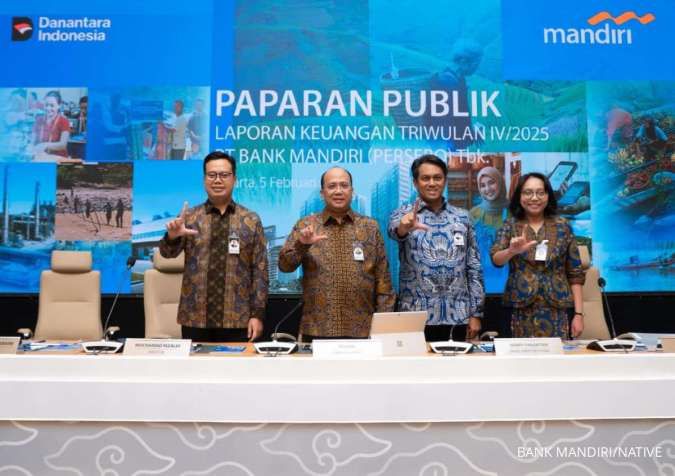JAKARTA. Property developer Ciputra Property is readying up to Rp 1.5 trillion (US$122.9 million) to build 30 budget hotels over the next three years in a move to tap into the potential offered by the country’s emerging middle class. Ciputra Property, part of property giant Ciputra Development, said Monday it had earmarked Rp 225 billion to build its first six low-cost hotels. The hotels will be located in Semarang, Central Java; Cirebon. West Java; Bandung, West Java; Bintaro, South Jakarta; Bengkulu; and Yogyakarta. Ciputra has named its budget hotels Citradream Hotel.
The company, according to Ciputra Property director Artadinata Djangkar, commenced commercial operation of its Cirebon and Semarang hotels in July, with occupancy rates reaching 30 percent in the three months of operation. The other four hotels are expected to open next year, he continued. The company’s venture into the budget hotel business, Artadinata said, was driven by the growing middle class, the main market for budget hotels. “In line with the increasing middle class in Indonesia, as well as mushrooming low-cost carriers, developing budget hotels is a good business move,” he said at a press briefing. “The country’s growing economy has led to more people holidaying away from their hometowns and doing business as budget travelers, traveling with low-cost carriers and staying at full-service, quality non-starred hotels.” Ciputra Property earmarks Rp 225 billion to build six low-cost hotels Commercial operation of Cirebon and Semarang hotels started in July Artadinata said the company had set a medium-term target. The development of the Citradream Hotel chain is expected to boost the company’s recurring income from the hotel business. “Our existing budget hotels have yet to make much of a contribution to our revenue. We need to build 20 to 30 hotels in three years to establish a hotel chain that will contribute greatly to our revenue,” he explained. He said that each hotel would cost the company about Rp 50 billion to establish, which would require Ciputra Property to set aside Rp 1 trillion to Rp 1.5 trillion for its budget hotel expansion. “Half of the total investment will come from bank loans, while the other half will be from internal funds,” he added. He said that by establishing about 30 new hotels, his company expected to see its hotel business contribute about 25 percent to total revenue. In comparison, the hotel business contributed Rp 146.35 billion to the company’s 2013 revenue of Rp 1.44 trillion, or about 10 percent of the total figure. Given their relatively low operational costs and high returns, budget hotels are more promising than starred hotels, he said. Net profit for budget hotel can reach about 18 percent compared to the company’s 14 percent profit margin from its four-star hotels, he added. Ciputra Property currently operates two four-star hotels under the brand Ciputra Word, located in West Jakarta and in Semarang, Central Java. Besides developing budget hotels, the company is also working on a Rp 5 trillion superblock project, Ciputra Internasional, located near the Jakarta Outer Ring Road (JORR) W2 in West Jakarta.
The first phase of the construction is set to commence this month and is expected to conclude in 2017, comprising an apartment tower and two office towers at an estimated cost of Rp 1.5 trillion. The developer is also in the midst of a decade-long project of constructing the Ciputra World 1 and 2 mega-projects, which is located in one of Jakarta’s commercial hubs. The project is estimated to absorb Rp 17 trillion and will have 15 towers. Ciputra Property recorded an over 49 percent decline in its net profits year-on-year to Rp 132.7 billion at the end of June, while its revenue for the same period slumped by about 18 percent on an annual basis to Rp 686.66 billion. Its first-half financial performance was in line with other developers in the country, reflecting a market slowdown due to the central bank’s latest loan-to-value regulation as well as project holdups during the recent legislative and presidential elections. (Anggi M. Lubis)

